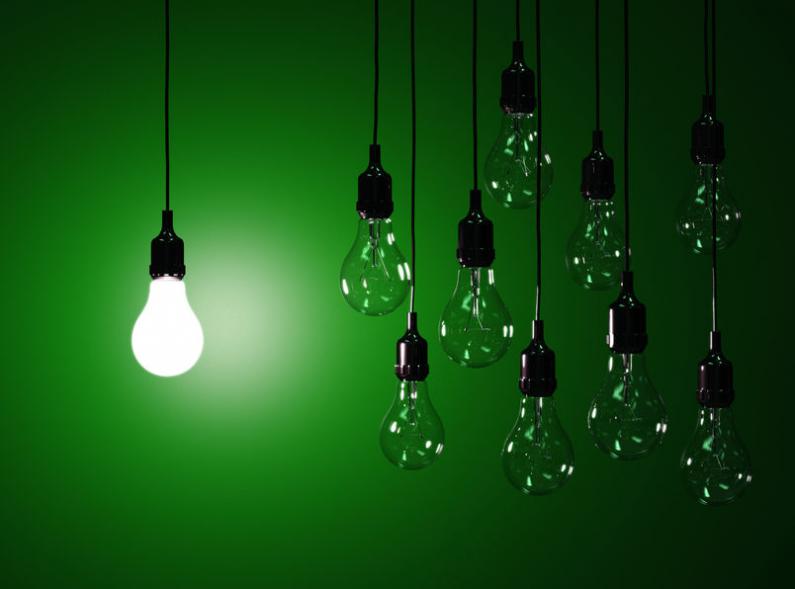
"Lumens let you buy the amount of light you want. So when buying your new bulbs, think lumens, not watts. The brightness, or lumen levels, of the lights in your home may vary widely, so here's a rule of thumb: To replace a 100 watt (W) incandescent bulb, look for a bulb that gives you about 1600 lumens." (Source: energy.gov)
 Lighting know-how is all about lumens. Anyone can install more powerful lights but the skills lies in the lights you choose, and the lumen value in particular. Here are some interesting lumen facts:
Lighting know-how is all about lumens. Anyone can install more powerful lights but the skills lies in the lights you choose, and the lumen value in particular. Here are some interesting lumen facts:
• A measure of brightness = watts consumed + lumens produced
• Lumens = brightness
• The Lumens definition is: "a unit of luminous flux in the International System of Units, that is equal to the amount of light given out through a solid angle by a source of one candela intensity radiating equally in all directions"
• Lumens per watt is a measure of efficiency
• A good LED produces over 100 lumens. Older generation LEDs produce less than 80 - something that the UK government won't consider as efficient
• Businesses can claim 'enhanced capital allowance' when they upgrade to efficient LEDs if they meet the criteria. They get 100% relief against the whole light fitting, not the bulb - it must generate at least 81 lumens per watt though
Ill-lumen-ating stuff!
